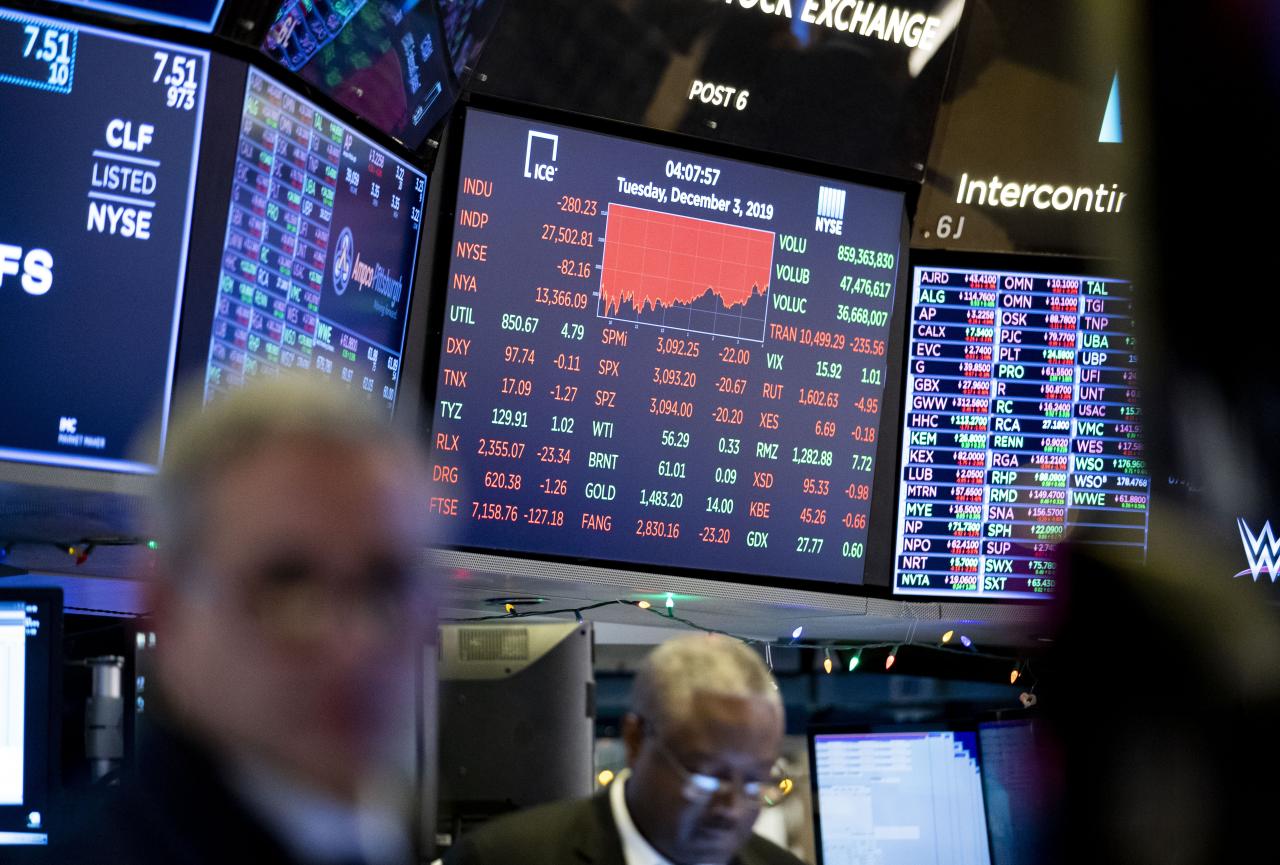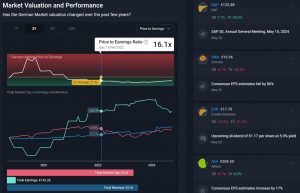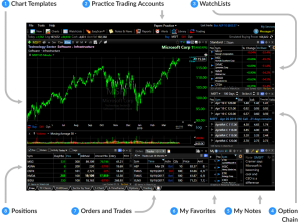
Impact of Global Economic News

Global economic news significantly influences the performance of the global stock market. Events ranging from inflation reports to geopolitical instability can trigger immediate and long-term shifts in market trends, impacting various sectors differently. Understanding these impacts is crucial for investors to make informed decisions.
Economic news events create ripples throughout the global financial system, influencing investor sentiment and consequently, stock prices. The speed and magnitude of these reactions depend on the nature of the news, its perceived impact on future economic growth, and the overall market environment. This volatility presents both opportunities and risks for investors.
Significant Global Economic News Events and Their Market Impact
Several key global economic news events frequently drive significant stock market fluctuations. These events often interact, creating complex and unpredictable market dynamics. The following list highlights some of the most impactful events.
- Inflation Reports: Reports on inflation rates, such as the Consumer Price Index (CPI) and Producer Price Index (PPI), are closely watched. Higher-than-expected inflation generally leads to concerns about central bank interest rate hikes, potentially slowing economic growth and reducing corporate profits. This often results in a sell-off in the stock market, particularly affecting sectors sensitive to interest rate changes, like real estate and technology.
- Interest Rate Decisions: Decisions by central banks, such as the Federal Reserve (Fed) in the US or the European Central Bank (ECB), regarding interest rates have a profound impact. Rate hikes typically lead to higher borrowing costs for businesses, potentially slowing investment and reducing corporate earnings. Conversely, rate cuts can stimulate economic activity but may also fuel inflation.
- Geopolitical Events: Major geopolitical events, including wars, trade disputes, and political instability, can create significant market uncertainty. These events can disrupt supply chains, increase commodity prices, and negatively impact investor confidence, leading to broad market declines. Sectors heavily reliant on international trade or specific geographic regions are particularly vulnerable.
- Employment Data: Reports on employment figures, such as non-farm payrolls in the US, provide insights into the health of the labor market. Strong employment growth can signal a healthy economy, potentially boosting stock prices. However, unexpectedly high employment can also lead to concerns about wage inflation and further interest rate hikes.
Sectoral Responses to Economic News
Different sectors react differently to various types of economic news. Understanding these sector-specific responses is essential for effective portfolio management.
For example, during periods of high inflation, the consumer staples sector (e.g., food and beverage companies) may perform relatively well as consumers continue to purchase essential goods. Conversely, discretionary spending sectors (e.g., luxury goods and travel) may suffer as consumers cut back on non-essential purchases. Similarly, rising interest rates can negatively impact the real estate sector, while sectors like utilities may benefit from their defensive nature.
Geopolitical events can have varied impacts. Energy companies might see price increases during geopolitical instability affecting oil supplies, while technology companies reliant on global supply chains may face disruptions and decreased profitability. Understanding these nuances allows investors to strategically allocate their investments to mitigate risks and capitalize on opportunities.

